Invitation to Interview
Knowing where to find interview advice is a tricky business. Today, Hannah will be talking us through that dreaded (but exciting) interview process. From finding out your application was a successful one (WIN) to sitting in front of the panel, ready to ace it.
We’ve all been there. Those two-hour tutorials on ‘What happens when you leave university?’. Inamongst the Neuroscience Lectures, the clinical observations and learning how to make heads or tailof the L.A.R.S.P, these ‘What next’ tutorials just seem like a waste of time or just a good excuse tocheck-out.
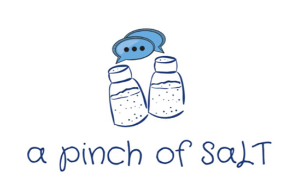
But then it happens, suddenly, the day arrives in your final year of university when you apply for that oh-so-exciting first position as a speech and language therapist. The invitation to interview pops up inyour inbox and then it hits you... did I even go to the tutorial??
You search high and low through your lecture notes, folders (random scraps of paper?) and you draw a blank. Unless you were far more organised than me as a student, in which case you just pulled it upneatly on your MacBook under ‘Interview skills’... Regardless of your approach, a few extra hints and tips never go a miss.
The Job Description
Whether it’s NHS, a private company or a school, the best place to start is looking at your jobdescription. The questions they will ask you will be based on this, and the person specification. So get your fine tooth comb out, and get ready to big yourself up (big time).
- Go through each point of this and think, how has my personal experience as an SLT student (and as a human being of 20-something-years old) made me competent in this skill.
-
For clinical skills e.g. assessment think back to all of your placements. I found it helpful to go back through my placement reflection notes, and make a Mind map of all of the schools, hospitals, day-centres etc, then specific clients and what I did with those clients. The interviewers are looking for you to talk about specific examples,“I’m really good at assessment” just isn’t going to cut it. Think in detail about oneclient, which assessment did you use and why did you decide to pick that one? Why did the assessment go well? Is there anything you reflected on at the time that you would do differently next time? How did other clinical placements or further reading improve your assessment skills? The more specific you can be the better.
-
For clinical skills e.g. therapy, do exactly the same as you did for the above. Make sure you choose an example where you use an evidence-based intervention. Talk about being flexible in the session, stepping-up or down depending on the needs of the person receiving the therapy.
-
Plenty of JDs will reference I.T. skills. This is the perfect time to refer to any qualifications you have in I.T. or talk about quickly learning to use specific software for your dissertation (e.g. Excel or the dreaded SPSS).
The Questions
Now, once you’ve done your research, it’s time to plan your answers. Like a seen exam, you want to write out the perfect answer and remember the key points to the questions which you’re almost certain will come up. Let’s start with the questions which are trying to work out what kind of person you are, and if they want you in their team.
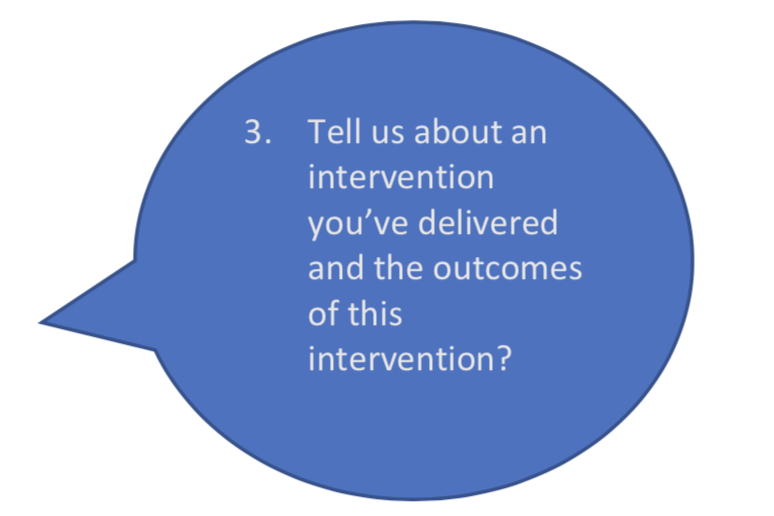
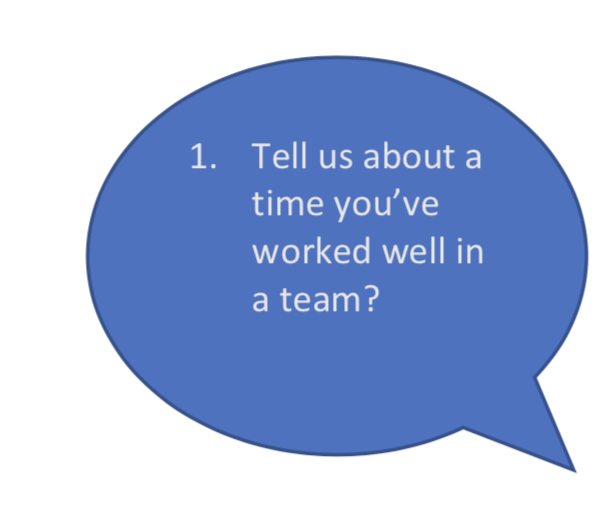
Key tip: Prepare each answer to each potential question like it’s astory. You need the main character of the story (you or a client) the background to the situation, a problem that arises and then (the kicker) how your brilliant skills as a speech and language therapist saved the day. Even when the question is “Tell us about a time when something didn’t go to plan in your therapy session?” you should always aim to endeither on a high, or on a lesson learnt by the experience
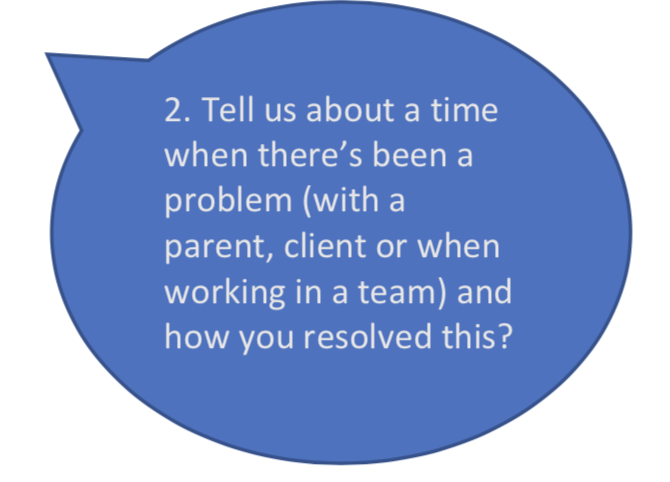
Now that you’ve warmed up in the interview, they’ll move onto some
tougher questions, which start to look at your clinical skills. Do you know your stuff?
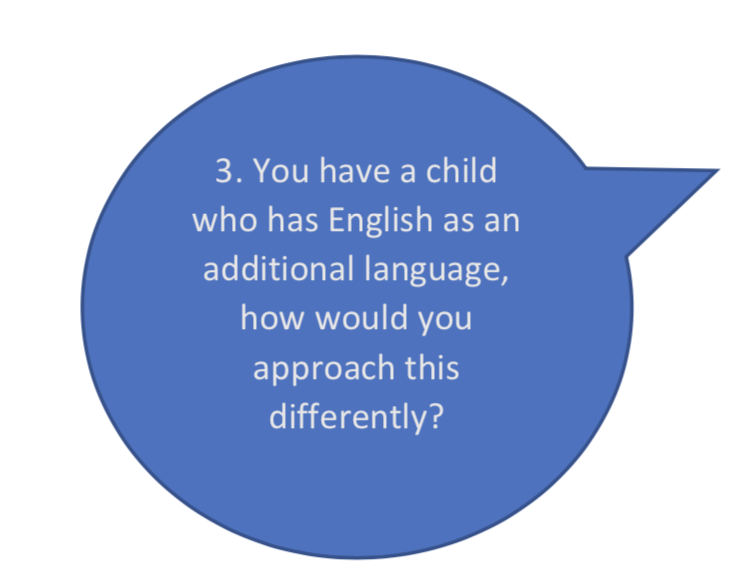
Key Tips: No standardised scores
1. When working with the parents:
• Look at the cultural values and adjust accordingly e.g. some women may be uncomfortable having a male interpreter, some may not want you to ask details of the pregnancy. These are all the things you can consider for your case history meeting.
2. When working with the child:
• You would need a detailed history of their language map (when each language is spoken and with whom, what other exposures to the language do they have e.g. TV, Sunday school).
• What is the child’s dominant language (the one they are exposed to the most or are most competent communicating in).
3. When working with the interpreter:
• You would meet with them before the session, to discuss how you will run the meeting, that you need them to translate as closely to the wording used by the adult/child as possible.
• Use the interpreter’s linguistic knowledge to analyse assessment results e.g. many languagesdo not have the same grammatical structures as English
Key Tips: Remember to tell a story (use a pseudonym for the client). You need a beginning, middle and end.
• Ensure it’s an example where you have plenty of detail on the intervention used, therationale, how you were flexible for that specific client & why it worked well. Then go theextra mile and tell them your ‘next steps’ for the client.
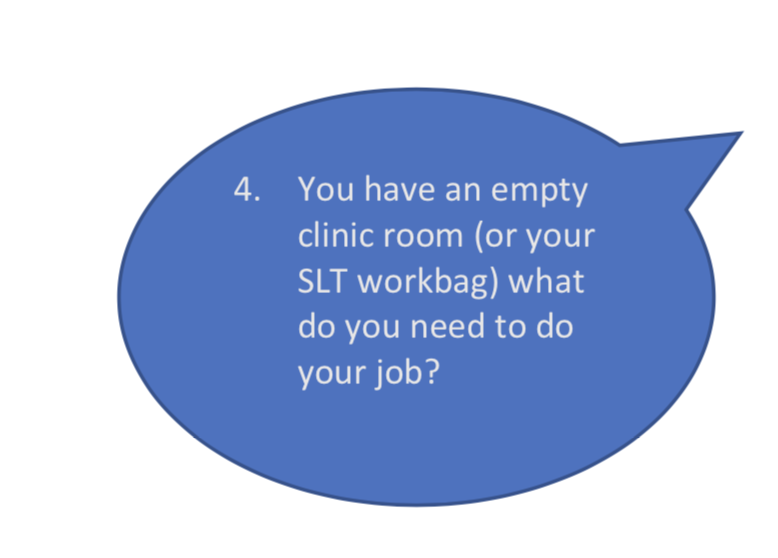
Key Tips: So this is a ‘fun’ question, don’t be afraid toreference some of the games you enjoy playing with your caseload (e.g. tumbling monkeys, or Jenga)!
• Remember the important things: specific assessments (e.g. the CELF-5), specific interventions (e.g. Colourful Semantics)
• Then add in some tools of organisation e.g. a colour coded diary, your work mobile, your pens, notebook, maybe an iPad.
Next, they’ll see if you’ve done your research. In the NHS and in some schools, this is all about preparation. You should know thecompany’s values, their vision and any specific recent policies.
Key tip: This question can give you easy points. Most of the values of the NHS trusts are built into us as therapists and so we just need to draw on these, with some great examples. For value such ashonest try to think of an example when there’s been an issue e.g.within a team or with a client, your honesty could have helped to resolve the situation, or it could have made it worse. The point is, that you value being honest, even if it puts you in a difficult position.
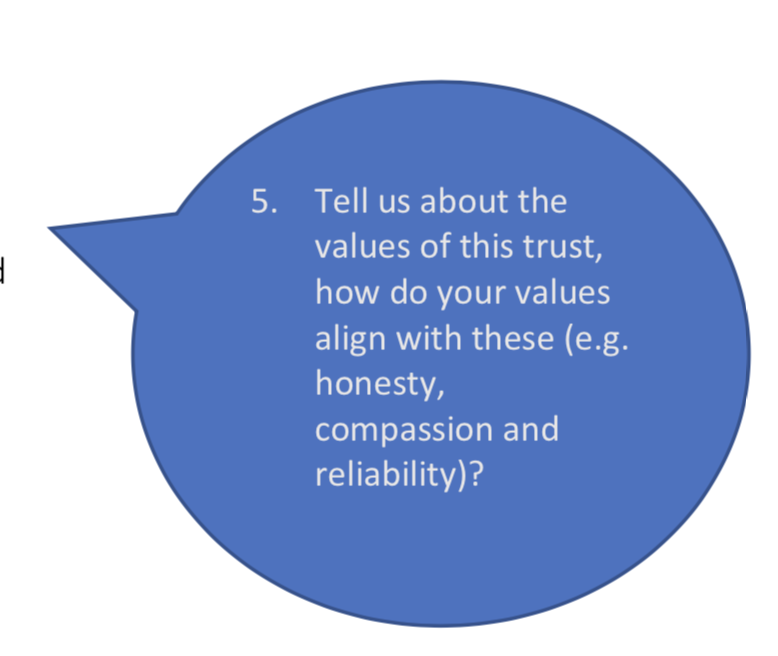
Finally, you bet your bottom dollar there will be a safeguarding question, so always be prepared for this:
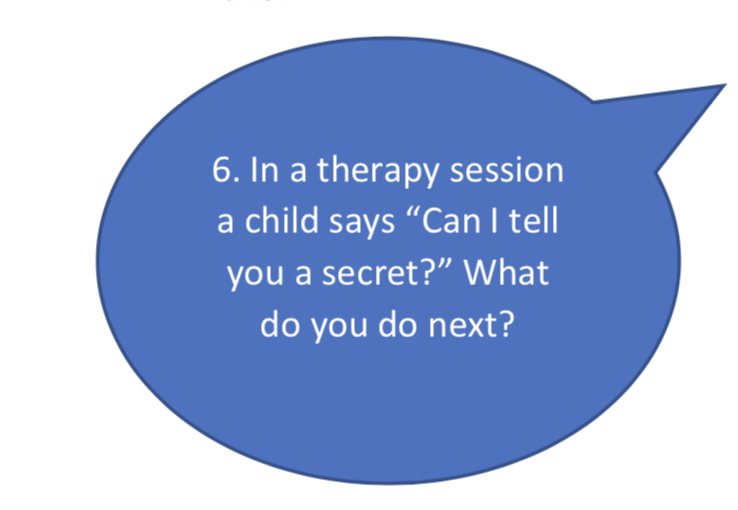
Key tip: Look back through any clinical placement notes you have from school:
-
Go online and research school’s policies on safeguarding:
-
Who is the lead?
-
What’s the procedure?
-
Importantly: look up recent safeguarding legislation online. Familiarise yourself with the title of the policy and the date. If you want to be a real smart-arse, ask them how their practices have changed since this has come into play.
- Make sure you have a specific case to speak about, where possible. If you didn’t need to report any safeguarding issues, then talk through exactly what you would do if a child disclosed something or if you had any concerns.
Key tip #2: Always mention that as soon as you arrived at any new setting on placement you immediately found out the name and location of the safeguarding lead, wrote down their phone numbers and knew their working hours. In addition, you found out the school’s procedure for reporting concerns,and always knew to inform people on a need to know basis or check with your supervisor if you were unsure.
The Outfit
This isn’t going to be Gok’s Fashion Tips for your interview, but having attended interviews and beenan interviewer, sometimes people miss the mark. Go to your interview dressed smartly. Do your research. Email the interviewer and ask them if there is a dress code.
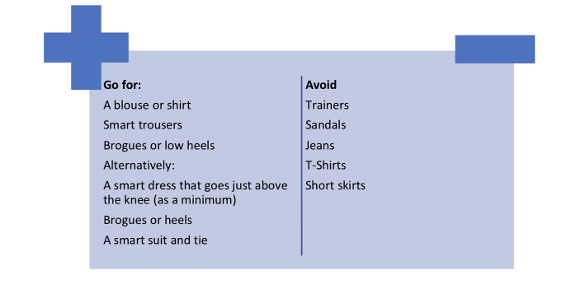
The Night Before
Some people feel anxious before an interview, some people are lucky enough to stay cool, calm andcollected throughout the process. The night before the interview it’s important to have a read of the notes you’ve made and then try to relax. Going to the gym or for a long walk might help you to de- stress and sleep well.
Things to remember:
-
Your outfit is clean, ironed and ready to go for the morning.
-
You double check the time and place for the interview.
-
You know exactly how to get there.
-
You’ve packed your bag, with your interview notes, water and any documents they’ve asked
you to bring/USB if you need to deliver a presentation.
-
You have prepared some questions to ask the panel and have these written down.
The Morning of...
Wake up, read through your notes, have a good breakfast and get going. It’s far better to be earlythan late, so if you end up with some extra time at the interview centre grab a coffee and go through those notes again.
Studies have shown that people who stand in a superman pose for two minutes have increased confidence in interviews, so why not give that a go.
The Interview
Now you’re in the room, there could be two or three people on the panel. Make sure you shake theirhands and clearly introduce yourself.
Sit down and have some water, you’ll be talking a lot for the next 30 minutes and you don’t want toget a dry throat.
Key Tips for the interview questions:
-
If they’ve asked you a question, and you’re unsure how to answer say: “Sorry, I’m unsure of exactly what you mean, could you repeat or rephrase the question please?”
-
When you’ve given an answer, you can ask “Was that the answer you were looking for?” or “Is there anything else you would like me to comment on?”
-
It’s OK to be honest, if they ask you about something you haven’t experienced, you can tellthem this but then tell them what you would do if you came across that scenario.
-
Take your time to think about your answer, you’re more than welcome to ask for a couple ofminutes to think about the lengthier questions
-
If a question has two parts to it, then write it down.
After The Interview
Hey, well done. Regardless of the outcome, interviews can be nerve wracking and full on. If you getthe job WOOHOO, high fives all round. If you didn’t, make sure you walk away knowing you did your best. What’s that saying? “Fail to prepare, prepare to fail”. Although this has some validation forinterviews, if you did prepare, then it’s not a reflection that you’re a terrible therapist who should never get a job. It’s a reflection that it’s a competitive job market for everyone out there! Here’s afinal piece of advice:
-
Walk out of the interview (don’t forget to thank the panel, and shake their hands)
-
Immediately write down all of the questions you can remember
-
Write down brief notes on which answers you felt went well/not so well
-
Anything else you noticed in the interview e.g. was your bilingual answer a confident one?
-
NOW, put that note in your bag, and take yourself for a coffee, glass of wine or shopping.
Decompress your pressured brain. Relax. You’ve done your first interview. Congrats.
A final note, that if you were not successful in getting the position, be sure to ask for feedback. You are legally entitled to this, and it will help you in future interviews. The interviewer can tell you which questions you did strongly on, and where you may need to do some more research. This is a key part of the process, constructive criticism can be hard to take, but your dream job could be just around the corner.
Good luck, from both of us at A Pinch of SaLT!